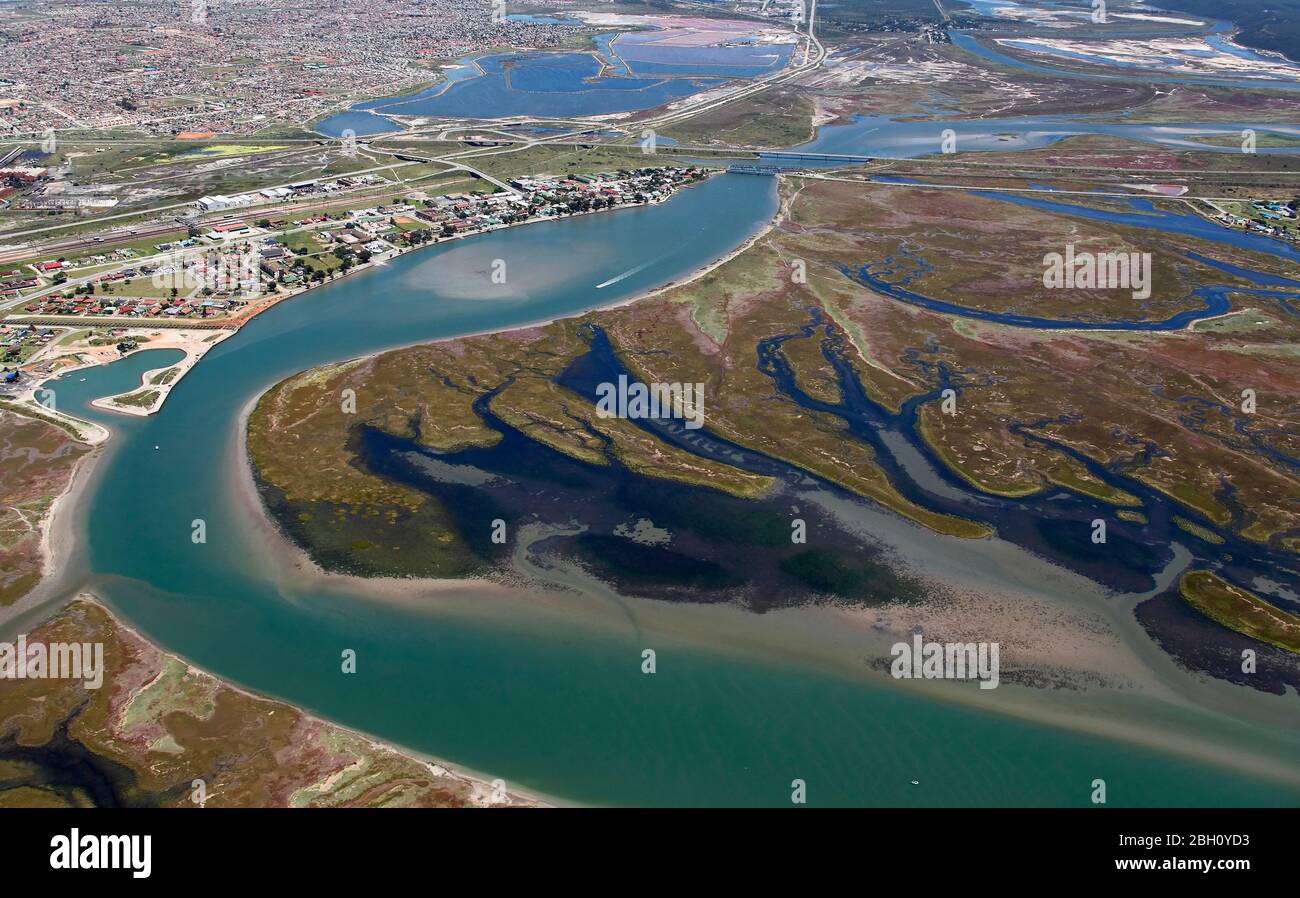Introduction
Rain is a vital resource for South Africa, a country characterized by its diverse climate and geographical features. The significance of rainfall extends beyond mere weather patterns; it directly impacts agriculture, water supply, and the overall ecosystem. With many regions facing challenges like drought, understanding the role of rain is increasingly crucial for sustainable development and resource management.
The Current Rainfall Patterns
According to the South African Weather Service, the country has experienced fluctuating rainfall patterns over the past few years, with some areas receiving above-average precipitation, while others face severe deficits. This year’s rainy season, which typically spans from October to February, saw significant rainfall in the Eastern Cape and KwaZulu-Natal, benefitting local farmers and improving crop yields. However, the Western Cape and parts of the Northern Cape continue to struggle with inconsistent rainfall, highlighting the disparities in water availability across the nation.
Impact on Agriculture
Rainfall is essential for agricultural productivity in South Africa, where farming constitutes a significant portion of the economy. In 2023, the Department of Agriculture reported that areas with adequate rainfall saw a boost in maize and wheat production. However, regions affected by below-average rainfall experienced crop failures, leading to food security concerns. The government and agricultural stakeholders are urged to adopt climate-smart practices, such as rainwater harvesting and irrigation improvements, to mitigate the adverse effects of unpredictable rain patterns.
Environmental Considerations
Beyond agriculture, rain plays a critical role in maintaining ecosystems. Healthy rainfall patterns contribute to the replenishment of river systems, wetlands, and reservoirs, which are home to diverse wildlife. The South African National Biodiversity Institute emphasizes the need for balanced water management to protect both human needs and ecological stability.
Conclusion
The importance of rain in South Africa cannot be overstated. With changing climate conditions, the focus on sustainable water practices becomes increasingly necessary. Policymakers, farmers, and communities must collaborate to ensure water resources are managed effectively, preparing for potential future challenges related to climate variability. Understanding the dynamics of rainfall is essential for the country’s agricultural sustainability and environmental resilience, shaping a future where both people and nature can thrive.


